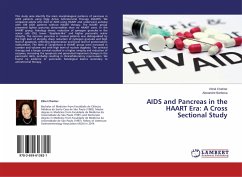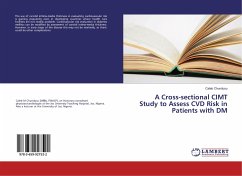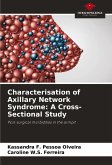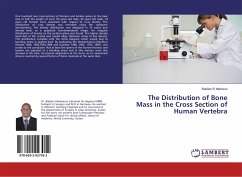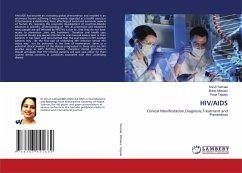This study aims identify the main morphological patterns of pancreas in AIDS patients using Higly Active Antiretorviral Therapy (HAART). We compared adults who died of AIDS using HAART and underwent autopsy with 109 AIDS patients without HAART therapy. The HAART group presented lighter pancreas abnormalities than no HAART users. In the HAART group, histology shows: reduction of zymogen granules in the acinar cells (ZG), lower dysplasia-like and higher pancreatic acinar atrophy. The exocrine pancreas in treated patients was distinguished by the high level of atrophy, sharp reduction of zymogen granules and high level of apoptosis, reflecting degeneration and lower level of proteincaloric malnutrition. The islets of Langerhans in HAART group were increased in number and volume and with high level of nuclear dysplasia. The antiviral therapy and a longer survival resulted in a higher atrophy and reduction of enzymes, increasing the apoptosis and generated important changes in the pancreatic islets, probably resulting in clinical/laboratory repercussion. We found no evidence of pancreatic histological lesions secondary to antiretroviral therapy.
Bitte wählen Sie Ihr Anliegen aus.
Rechnungen
Retourenschein anfordern
Bestellstatus
Storno

